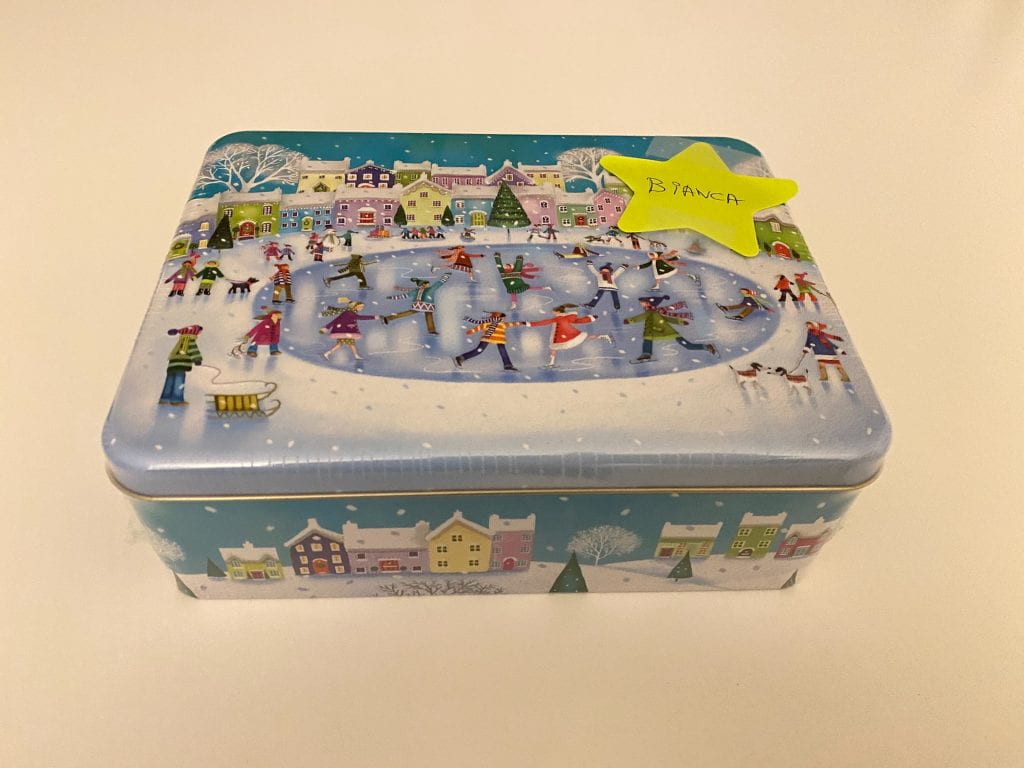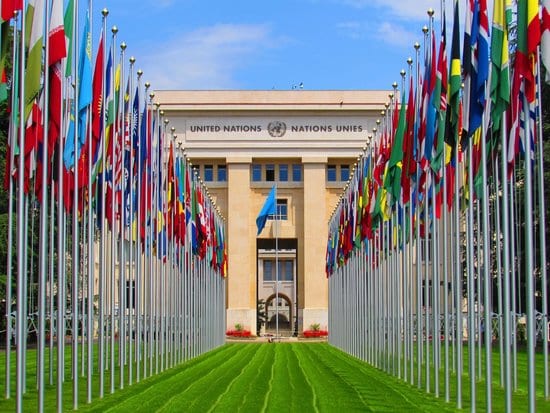We would like to take this chance to wish all our girls and their families, Happy Holidays and Happy 2021 !! Enjoy these festive weeks with family, friends, and beloved ones. Stay safe !!
Boarding Team
Enjoy our two Christmas Videos. Click on the links below :
Video 1
Video 2
https://naeeuro-my.sharepoint.com/personal/aida_villalba_cdl_ch/Documents/Attachments/CDL(1).mp4?_=1
Thank you to Mrs. Nord, our Director General, for these delicious biscuits!!
Thank you to Mr. Usher, Boarding Director, and Mrs. Salamin, Deputy Head of Boarding, for these swiss chocolates !!
And thank you to Mrs. Jody and Mr. Salva, our Pastoral Programm Team for your continuous support in these difficult times !!
Tonight we had vegetarian lasagna and milk pudding to celebrate the last weekend before the holidays!
The girls were happy to eat at home and have a quiet time before going to bed for the last week of school! The main conversation was about how excited they are to go back home 🙂 But also, we discussed what do they do and how they call the end of year celebrations back in their country.
This was a nice way to discuss diversity around the theme of “end of year celebrations” and also other celebrations. The girls seemed very mature towards this theme and discussed how important it is to be respectful of different cultures and beliefs. In another word, we tested each other to check how well we knew our own culture.
In the end, we learned that the best way to understand other people’s cultures is to first examine your own. Most of us take our background for granted, and we’re rarely challenged to evaluate it. However, it’s only through appreciating our own unique cultural makeup that we can fully appreciate others’.
What is it that you believe in? What biases do you have? What behaviours define you, and would any of them seem odd or unusual to someone with a different culture? These aren’t easy questions to answer, but they did open their eyes to understanding other cultures.
We all have our unique filter through which we view the world, and recognising that fact makes it easier to see other points of view.
And was this way that we finished the day, and guess what, we all learned different card games from each other country 🙂
Today was the end of the Year dinner party.
The girls were happy to be celebrating this evening together. Even though the hygiene measures were restricted and well followed, we did have an amazing evening with extremely delicious food.
They have been working hard this year and they have fully deserved this moment.
The decoration was amazing, everyone enjoyed it, no need for more words, the pictures speak for themselves ! 🙂
Due to the health situation linked to the COVID-19 pandemic, the school parades, the historic parade, the Course de l’Escalade and numerous events within the different districts have been cancelled. One sure value can nevertheless be enjoyed: the chocolate cauldron: La Marmite de L’Escalade ”
L’Escalade takes its name from the assault on the ramparts of the City of Geneva by the troops of the Duke of Savoy during the night of 11/12 December 1602. Every year in December, the Fête de l’Escalade commemorates the victory of Geneva with a blend of humour and tradition.
” For two weeks in December, the city of Geneva goes Escalade mad. As Roy Probert found, the people dress up in period costume and pay homage to a humble soup pot that saved the free world. Or something.
Geneva may be renowned as the world capital of peace and humanitarian work. But during the Escalade period, the citizens of the city show a surprising fondness for guns, swords and canons.
All Swiss people, it seems, have a secret love of dressing up in period costume, polishing muskets and playing fifes and drums. The Genevans are no different. But when they do it, they are remembering a decisive event which arguably made the city what it is today.
The actual day of the Escalade is December 12. It is Geneva’s 4th of July and Bastille Day, though in keeping with Geneva’s puritan past, it’s celebrated with rather more sobriety. It marks the night when the small Protestant city state defeated the Catholic forces of the Duke of Savoy and, it’s claimed, cemented its place as a bastion of freedom and tolerance.
“If it had not been for the Escalade, we would probably be French now. And that’s worth celebrating,” says Jean-Michel, who, like his father and grandfather before him, is a member of the 1602 Society, which organises the annual Escalade procession through Geneva’s Old Town.
But what, the visitor will be forgiven for asking, is the significance of the chocolate cauldrons that seem to be in every shop window in the city from the middle of November till the middle of December?
These are “marmites”, and they symbolise the soup pot which played a crucial role in defeating the French hordes.
The story goes something like this: On the night of December 11, the Duke of Savoy launched a surprise attack on the city. As they scaled the city walls with ladders (escalade means to scale) his men were spotted by a woman now affectionately known as Mère Royaume, who poured a pot of boiling vegetable soup over their heads and raised the alarm.
In reality, it was not Catherine Cheynel (Mère Royaume’s real name) who raised the alarm. But she was one of thousands of ordinary Geneva citizens who helped fight off the Savoyards, and her inventive weapon became the symbol of the Escalade.
Today the marmite is made of chocolate and filled with marzipan vegetables. Tradition dictates that the youngest and oldest people smash the chocolate pot and recite the phrase: “Thus perish the enemies of the republic”. In French, of course.
The really serious escalade festivities take place on the weekend closest to December 12. Members of the 1602 Society, dressed in those authentic Reformation period costumes, stage an understated, but fascinating procession through the old town.
At intervals along the way, they stop and a proclamation is read out (the same proclamation that was made after the Duke had been put to flight), muskets and canons are fired and the Geneva anthem Cé qu’è lainô (He who is on High) is sung.
Very few people seem to know what the 68 verses of Cé qu’è lainô mean, as they were written in an ancient Geneva patois. But that does not stop young and old belting it out with gusto. And nowadays they just stick to four verses, which helps.
In short, it’s not particularly complementary about the Savoyards. One verse goes something like this: “On the darkest night they came, and it wasn’t to have a drink. It was to loot our homes and kill us for no good reason.” Thank heavens the Genevans won.
“They have quite a story to tell,” says Keith Kentopp, an American who has lived in Geneva for some 30 years and one of the few foreigners in the 1602 Society.
There are around 2,600 members of the company of whom some 700 are allowed to wear costumes.
“There is nothing Disneyesque or commercialised about this. We know who the main characters of the Escalade were and we all have a role to play,” Kentopp says.
“It’s fun to dress up, but in a time of shifting values, the Escalade represents a kind of continuity. It’s about patriotism, tradition, and basic ideals like freedom.”
It’s also important to place the Escalade in its historical context. It happened at a time of massive religious upheavals in Europe, just before the outbreak of the Thirty Years War.
“It was only a small episode in history. Today we would call it a commando raid,” says Christian Colquhon, a former secretary general of the 1602 Society. “But the following year a peace treaty was signed which brought peace to this region.”
The defeat of the Catholic forces from France and northern Italy also confirmed Geneva’s position as a haven for dissidents and persecuted minorities.
“Many specialists agree,” says Colquhon, “if the Duke of Savoy had taken the city that night, it would not be the city that we know today – city of peace, a city of the world and the headquarters of the United Nations.”
